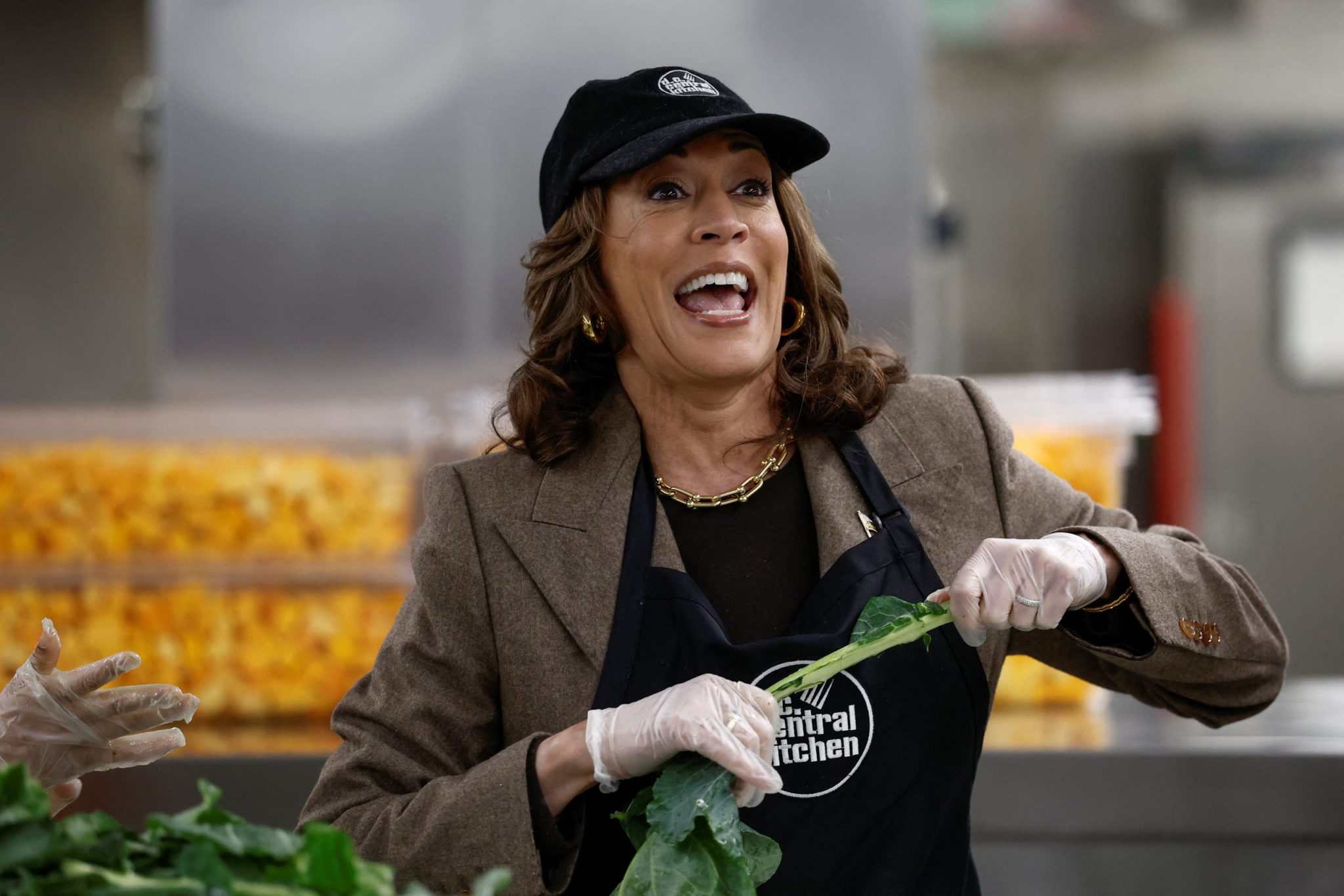Weeks after her bruising defeat in the 2024 election, Vice President Kamala Harris finds herself entangled in a web of controversy surrounding her post-election fundraising efforts. Despite the resounding calls for transparency and financial accountability, Harris’ campaign’s relentless pursuit of funds continues to draw ire and scrutiny from within the Democratic Party.
The narrative unfolds with a stark contrast between the staggering $1.5 billion raised by Harris’ campaign in just 15 weeks and the troubling revelation of ending up with a reported $20 million in debt. As Democratic strategist Jon Reinish aptly puts it, “Getting fundraising requests after any candidate has lost… is especially galling.” The spectacle of apparent financial mismanagement has sparked demands for clarity on where exactly the money went.
One cannot overlook the eyebrow-raising expenses incurred by Harris’ campaign, including hefty payments to prominent figures like Oprah Winfrey’s Harpo Productions, advertisements at the Las Vegas Sphere, and contributions to Al Sharpton’s National Action Network. The allocation of over half a billion dollars to Democratic media consulting firms raises questions about priorities and accountability.
Amidst this fiscal turmoil looms the looming shadow of leadership change within the DNC as President Biden prepares to pass on the baton. Prominent figures like Minnesota Democratic-Farmer-Labor Party Chair Ken Martin and former Maryland Governor Martin O’Malley emerge as contenders to navigate through the aftermath of Harris’ tumultuous financial saga.
The discontent doesn’t stop at Harris’ doorstep; veteran DNC member James Zogby advocates for an oversight committee to scrutinize party finances comprehensively. With echoes from past campaigns like Hillary Clinton’s prolonged debt repayment journey and Barack Obama’s lingering financial burdens, concerns about post-election fundraising practices resonate beyond one individual’s campaign.
As calls for reform reverberate within political circles, one thing remains clear – amidst a landscape marred by financial opacity and fundraising fatigue, restoring donor trust and redefining transparency are paramount objectives for not just individuals like Kamala Harris but also for the entire political machinery that propels them forward.
In this intricate dance between power dynamics and public perception, one quote encapsulates the prevailing sentiment succinctly: “When you have an airplane crash, people don’t say, ‘Let’s look forward, not look back.’ You look into what happened,” emphasizes DNC member James Carville. As scrutiny intensifies and demands for accountability grow louder, unraveling the complexities behind post-election fundraising becomes imperative to uphold democratic integrity while navigating turbulent political waters.









